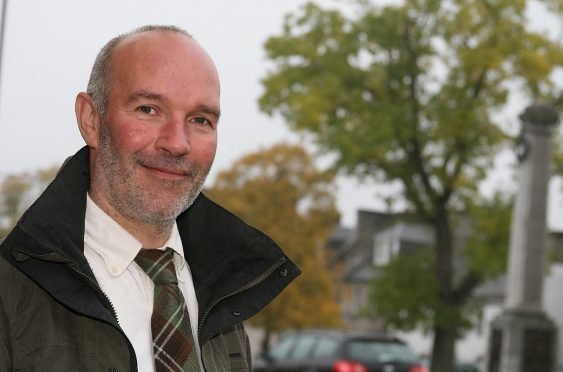I spent the first few days of this working year down in Oxford at the Oxford Real Farming Conference. It started nine years ago with the aim of helping create a more enlightened agriculture, bringing together practising, mud-on-the-boots farmers and growers with scientists, economists, activists, lawyers, and everyone else with a serious interest in food and agriculture.
It is now considerably better attended than the industry’s older Oxford Farming Conference that takes place at the same time down the road.
This year UK Environment Secretary Michael Gove spoke of his paper, Farming for the Next Generation, at both conferences, outlining a vision for a fairer agricultural system that, supported with public money, delivers more public benefit.
It has brought a great deal of comment, not surprising given that it marks the potential end of a very unfair regime that, as Mr Gove says, “gives the most from the public purse to those who have the most private wealth”.
Proposals to continue support payments until 2022 are of course welcome, as is the suggestion that in a subsequent transition period England would see the capping of maximum payments.
This could quickly and easily get rid of the major iniquities of the current system and has been voiced by the Scottish Crofting Federation (SCF) in our proposals for a future Scottish scheme.
Mr Gove has also declared his support for a theme close to our hearts, that of rural resilience.
He said: “There are any number of smaller farm and rural businesses which help keep communities coherent and ensure the culture in agriculture is kept healthy … Whether it’s upland farmers in Wales or Cumbria, crofters in Scotland or small livestock farmers in Northern Ireland, we need to ensure support is there for those who keep rural life vital.”
Advocates of crofting have said this for decades and it is heartening to hear this coming from Westminster.
We of course hope to see it borne out in Scottish policy with the continuation of crofting support and an equitable less favoured areas scheme that compensates for hardship, replacing the current income support that, as Mr Gove put it, “gives the most from the public purse to those who have the most private wealth” – a situation that clearly has to end.
The Scottish Government’s Agriculture Champions, in their interim paper, seem to agree.
They say: “We have producers whose options are severely limited by their location and physical assets, but who in many cases produce food while also generating other benefits that society values – supporting the local community and economy, preventing land abandonment and depopulation, and farming in ways which protect our globally important wildlife and landscapes.”
That sums up crofting very well.
They continue with: “Those who are active and proactive in this role as stewards of the land should be financially rewarded.”
It’s hard not to agree with that.
The Champions conclude that: “Public-funded farm support is not an automatic right, it is an asset offered to promote self-betterment and it should be used as such.”
So, the Future of Scottish Agriculture may at last see a real shift from the “perverse outcomes” to “the presumption that we should only support clear public goods the market will not, left to itself, provide”, as Mr Gove puts it.
Happy new year.
Patrick Krause is the chief executive of the Scottish Crofting Federation
